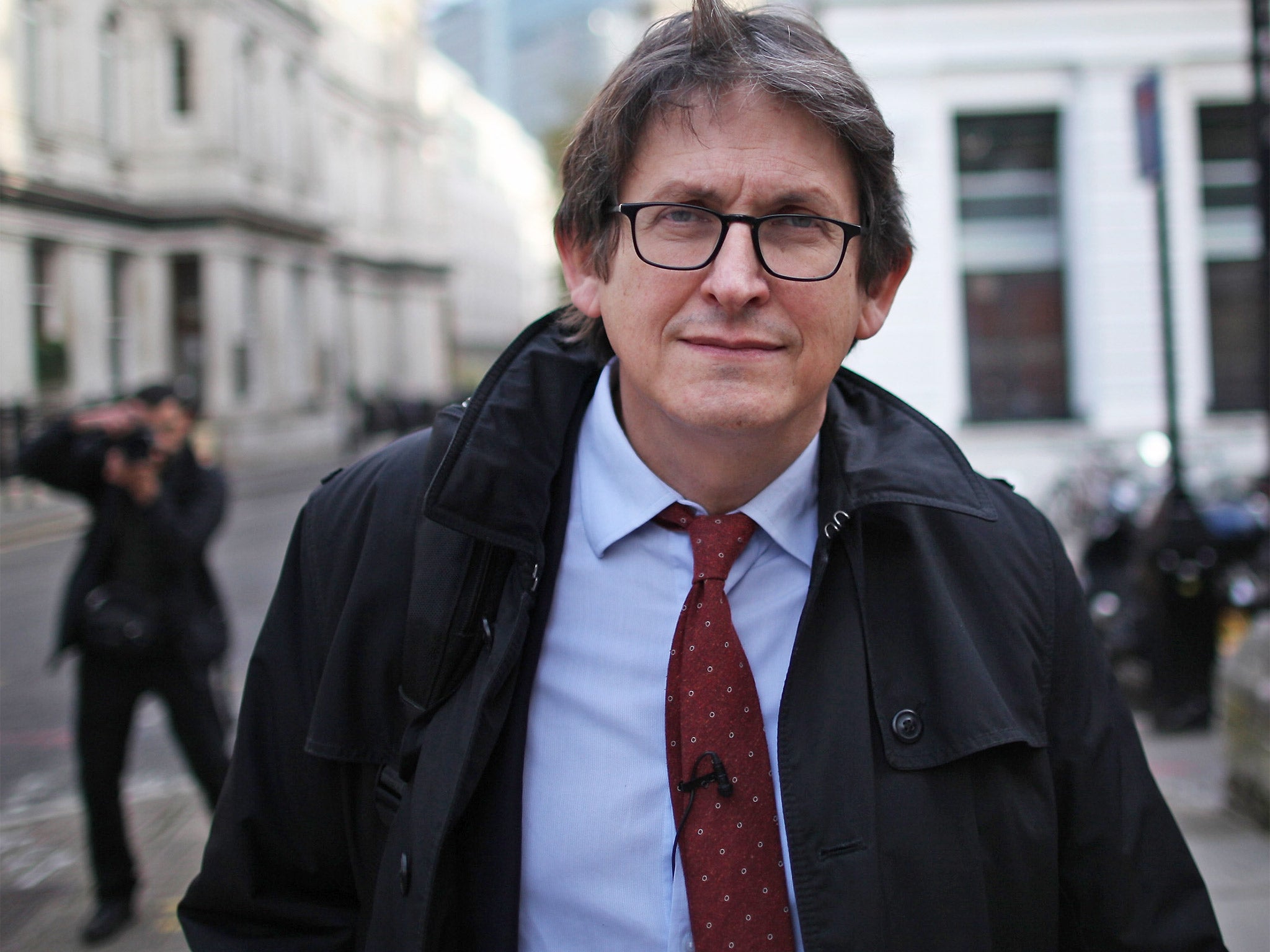What next for The Guardian?
Under Alan Rusbridger, the loss-making paper spent fortunes on the web and won a Pulitzer. After 20 years, he is stepping down

Alan Rusbridger, editor-in-chief of The Guardian, is to stand down from his current role at Guardian Media Group in the summer.
The Independent broke the story yesterday, after learning that Rusbridger has discussed his plans to quit with fellow members of the Scott Trust, the unique ownership body created to ensure the future of The Guardian title “in perpetuity”. He will remain in charge until after the general election, by which time he will have edited the paper for more than 20 years – a slightly longer period than his predecessor, Peter Preston. He will retain a relationship with GMG by becoming chair of the Scott Trust in 2016.
During his two decades in charge, he pioneered The Guardian’s transformation from a small but influential print brand to a digital platform with a global monthly audience of 111 million, and outposts in America and Australia. Nonetheless, Guardian News & Media still reported a loss of £30.6m in the year to the end of March 2014.
“Alan let the Scott Trust know that it was time for a younger pair of hands to take over the reins of the next phase of digital transformation,” said a source.
The Independent contacted Dame Liz Forgan, the current chair of the Scott Trust, yesterday morning to confirm the story. “People are forever asking about Alan moving on and I just always say the same thing – when Alan decides to move on we will announce it to the world,” she said. Asked about her position, she said “the same thing”, and put the phone down.
Shortly after The Independent published the story online, The Guardian made an announcement to all staff. In a circular, Rusbridger, 61 this month, told colleagues he had presided over an “extraordinary” period.
“When I assumed the editorship in 1995, the senior team at the Guardian was debating whether we should switch to using colour photography in the paper. Today we are doing our journalism in words, (colour!) pictures, video, data, animation, audio; on mobile and other platforms … and every possible combination of the above.”
Sources at GMG say Rusbridger’s vision has been so personal and his leadership style so distinctive that a change in editor will bring major disruption to the organisation. There is also concern that, with Rusbridger as chair, the Scott Trust will have too much influence over the future editorial operation.Within The Guardian’s offices at London’s King’s Cross, speculation has already begun on who will replace him. Rusbridger’s favoured candidate is said to be Janine Gibson, the editor-in-chief of theguardian.com. She recently returned to London from New York, where she ran the title’s US operation and oversaw coverage of Edward Snowden’s revelations of government spying, which won the paper a Pulitzer Prize. The other leading internal contender is Katharine Viner, the editor-in-chief of Guardian US, who was chosen to launch Guardian Australia last year. Emily Bell, a Scott Trust board member and former Guardian digital chief who is currently based at Columbia University in New York, is also well-placed. High-profile columnist Jonathan Freedland is an outside candidate.
Despite the Pulitzer, the Guardian’s US operation has so far failed to be successful commercially and has struggled to attract American advertisers. The GMG board is targeting a turnaround on the American operation in 18 months.
Among external candidates, Mark Thompson, the former director general of the BBC, is regarded as well qualified but is only two years into a long transformational programme as chief executive of the New York Times Company and is enjoying life in New York. Ian Katz, Rusbridger’s former deputy and now editor of the BBC’s Newsnight, is another contender.
Senior GMG figures have discussed whether a changeover should take place well before next year’s general election and are anxious that ongoing uncertainty could be damaging to the organisation’s future.
Last year GMG appointed a new chair in Neil Berkett, the New Zealand-born former chief executive of Virgin Media. He is thought to favour a new relationship between the editor and the Scott Trust which will allow the organisation to focus more strongly on its commercial operations.
GMG raised around £600m from the January sale of its 50.1 per cent stake in Auto Trader, and the management of these funds is critical to the group’s future.
Rusbridger, who was once close to taking a role as controller of BBC Radio 4, is believed to already be considering potential new positions both in the UK and America.
Under Rusbridger’s editorship the paper won plaudits for its coverage of the phone-hacking scandal. Its on-off relationship with Wikileaks founder Julian Assange was the subject of a feature film, The Fifth Estate – the editor was played by the current Doctor Who, Peter Capaldi.
Subscribe to Independent Premium to bookmark this article
Want to bookmark your favourite articles and stories to read or reference later? Start your Independent Premium subscription today.

Join our commenting forum
Join thought-provoking conversations, follow other Independent readers and see their replies